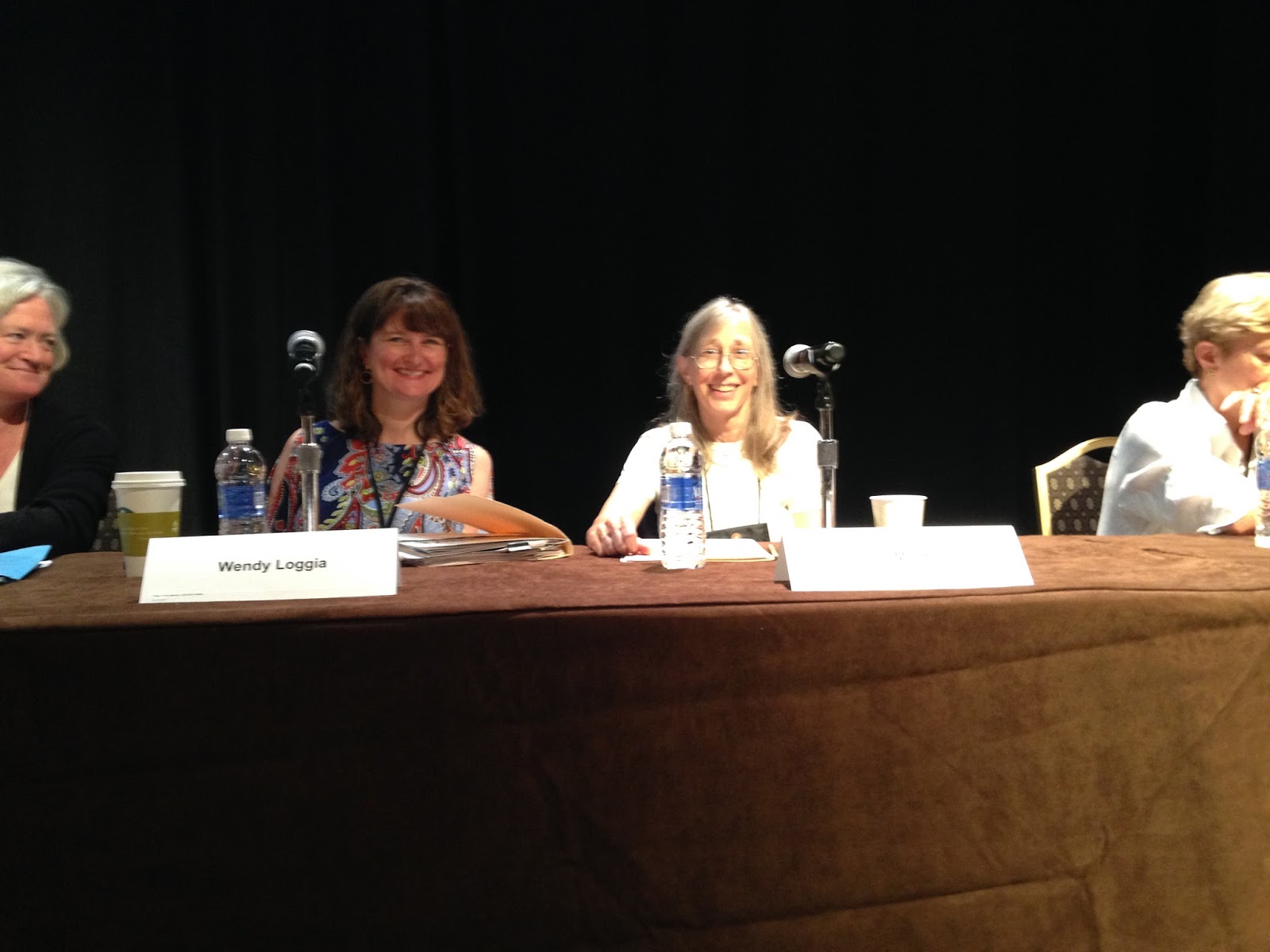 Julie Strauss-Gabel is the vice president and publisher of Dutton Children's Books, a boutique imprint of Penguin Young Readers Group specializing in middle grade and young adult novels.
Julie Strauss-Gabel is the vice president and publisher of Dutton Children's Books, a boutique imprint of Penguin Young Readers Group specializing in middle grade and young adult novels.What makes a compelling hook?
It comes down to voice for Julie. It's the only thing that's going to push her forward from page to page. She's looking to be surprised, and for something that she never thought possible but then a writer pulls off beautifully.
Have you ever been hooked by a voice but there's not a lot of plot going on?
There's a difference between a plot that's not working and a plot that doesn't exist. If there's something about the plot that's not working, it's a problem Julie can work on with the writer. If there's voice but nothing else, she'll likely pass but still be interested in seeing more from the writer.
What is your dream submission (the qualities)?
Julie only works on middle grade and young adult books.
A sense of subversive humor will often keep Julie reading, especially if the story is personal and difficult. She also can't resist a book that she can't help but think and talk about.
Is there a book that hooked you on page one and it all ended well?
Julie says she admires when she sees someone taking a risk on the page, and even if it's not working, it often makes her want to work with them in order to make it work.
"Ambition and risk in a project are going to always invest me in being a better editor..."
When Julie is considering a manuscript she also looks at the books on her shelf, and asks herself it belongs on the shelf. Does live up to the titles? Does it add to them?
What's one of your most recent acquisitions that you are excited about?
Aaron Starmer's latest is his debut into young adult, and it's a book that Julie wanted nothing more than to get it. It's a book that's blackly funny with the true essence of being at that last point before everything changes in your life.











